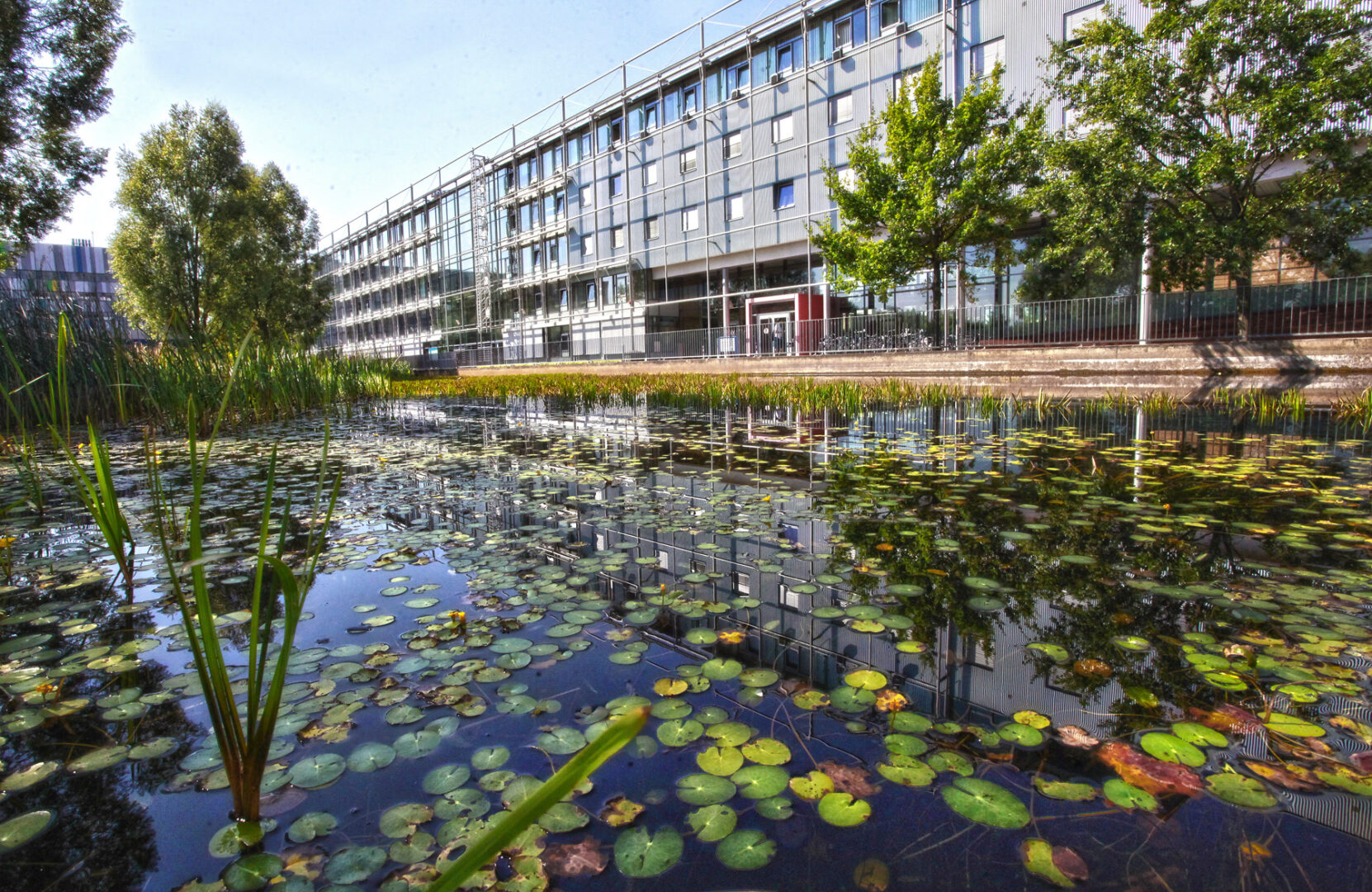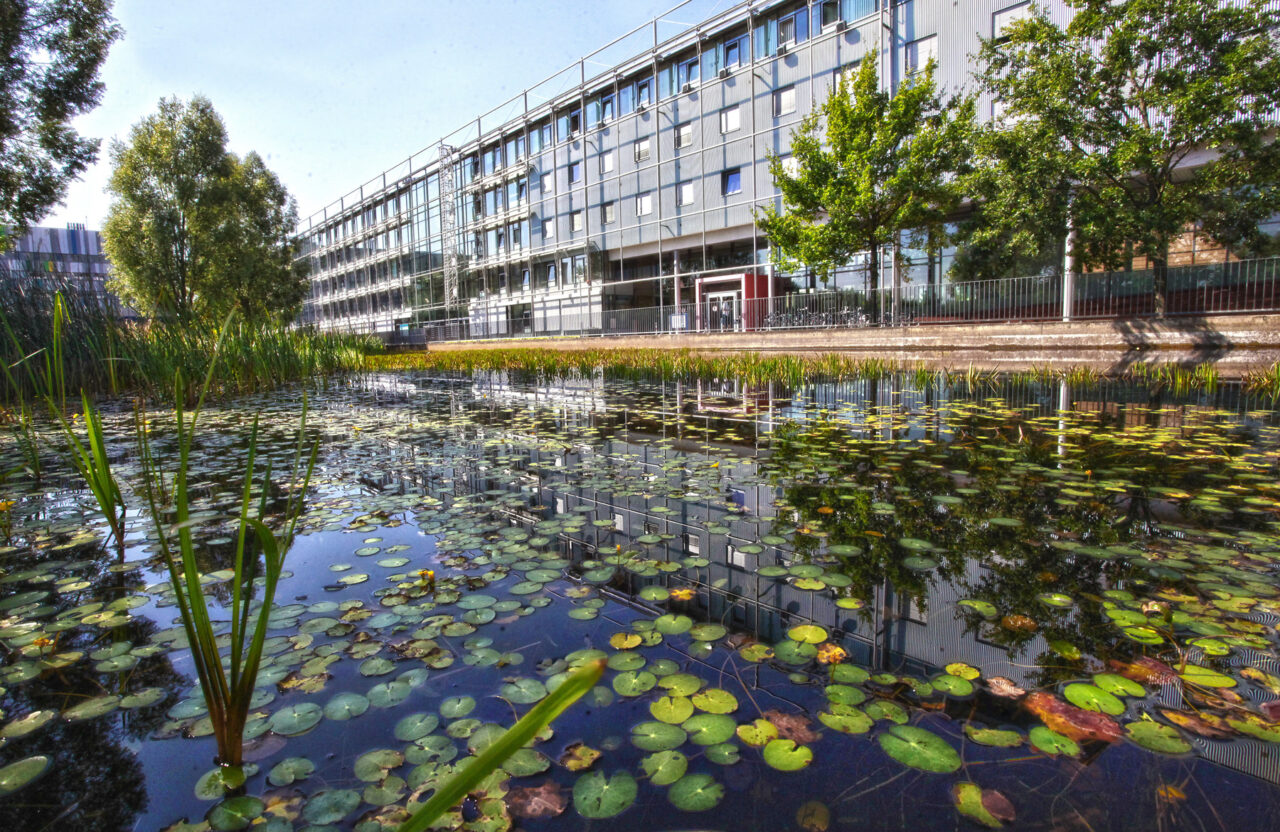Process to join EUPeace as an Associated Partner
Adopted by the Governing Board of EUPeace on 23 January 2024
1. Role and Function of EUPeace Associated Partners
Together with our Associated Partners (AP), we will build on our great collective potential to accompany and drive the transformation of universities in Europe and develop a European way to address issues of peace, justice, and inclusion that is in line with our values and our identity. In this context, we also employ the institutional expertise and experience from recent conflicts, and a broad range of disciplines dealing with societal change.
Our network of Associated Partners will contribute based on their specific experience with change, conflict, migration, and societal adaptation, thus linking the European perspective with the global.
a) Objectives of including Associated Partners
Associated Partners actively contribute to
- the development of the curricula of our degree programmes and the training programmes for academic and administrative staff
- the formulation of research priorities
- the development of policy interventions (mainly developed in the Living Peace Lab)
- the promotion of innovative solutions adaptable to different regions in Europe.
The immediate goal of associating partners is to add value to a specific activity within project-based Work Packages (WP) [document: EUPeace_AP_activities]. WP leads and co-leads will fathom specific potentials for engagement and participation of Associated Partners within their WP. The long-term goal is to create a sustainable international network that supports the activities and vision of EUPeace beyond the realm of the immediate core Alliance universities.
Together with our international Associated Partner institutions, we will ensure that the transformation of our teaching, research and social outreach activities takes place at both regional and global levels.
b) Status quo
At the time of the initiation of the EUPeace Network, the Alliance included over 20 Associated Partners, spanning from elementary and secondary schools to higher education institutions outside of Europe and non-governmental organisations and research organisations active in the field of peace keeping. EUPeace Associated Partners are carefully selected for their relevance on the topics of peace, justice, and inclusion and are representing regions within the EU and outside the EU to support the EUPeace global outreach activities and to have a long-term impact beyond Europe.
c) External Advisory Board
The EUPeace External Advisory Board (EAB) is an independent advising entity that can be called upon for general strategic advice as well as for an outside view on specific items of concern or dispute.
EUPeace aims to recruit Associated Partners for the EAB. The EAB will then be constituted of at least 8 members recruited from the Associated Partners and from external entities with no direct affiliation with the network. The EAB will meet with the Governing Board once a year and can be called upon for specific issues requiring an outside view.
2. Application and Selection of Associated Partners
a) Selection criteria
EUPeace Associated Partners are selected based on:
- Their relevance within the topics of peace, justice, and inclusion
- Their previous experience and activities relating to topics of peace, justice and inclusion
- Their competency and expertise with regard to their regional contexts and networks
- The type of contribution in their sector in the form of schools, higher education institutions and others (incl. NGOs, companies, and local research institutions)
- The specific value of the contribution for the planned activities within project-based WPs.
b) Application and Selection Process
Associated Partners are not actively recruited. Applications are not deadline bound.
Applicants must follow the following steps and submit the documents to info@eupeace.eu.
Step 1 – Application
- An application letter addressed to the EUPeace Steering Committee including:
- Statement on how the applying organisation and its activities relate to EUPeace goals and WPs, and how the organisation intends to contribute to the Alliance’s objectives. The organisation should elaborate on how the proposed contribution adds value to one or more specific WPs/activities.
- Statement of motivation for participation.
2. A signed EUPeace Letter of Commitment [document: EUPeace_AP_commitment_letter] signalling i.a. confirmation of awareness that associated partnership does not include a participation in EU funding.
3. 2 letters of support provided by 2 Alliance members, showing the value the Alliance members see in the collaboration (One letter of support must come from the lead or co-lead of the WP, in which the applicant is to be involved. If the support letters do not include the lead or co-lead of said WP, the Steering Committee must request additional input from the WP to assess the fitness for purpose of the applicant (see underneath)).
Step 2 – Evaluation
Applications will be discussed in the Steering Committee. The evaluation will consider factors like the alignment of organisation with the Alliance’s goals, the potential impact of the involvement, and the capacity to contribute effectively. If the support letters do not include the lead or co-lead of said WP, the Steering Committee must request additional input from the WP to assess the fitness for purpose of the applicant (see above).
The Steering Committee will then give a recommendation to the Governing Board.
Step 3 – Decision
The Governing Board will take a decision based on the Steering Committee’s recommendation.
Step 4 – Memorandum of Understanding
If new Associated Partners join EUPeace, they will be required to sign a Memorandum of Understanding (MoU) outlining the terms and conditions of association with the Alliance.
This MoU may specify the roles, responsibilities, and expectations of both parties.
Documents & Download
- Overview of the process to become an Associated Partner
- Information about EUPeace and its activities
- EUPeace Letter of Commitment
- EUPeace Memorandum of Understanding (the template for the MoU is provided by the Coordination Office upon request)
Contact
 © private
© private
